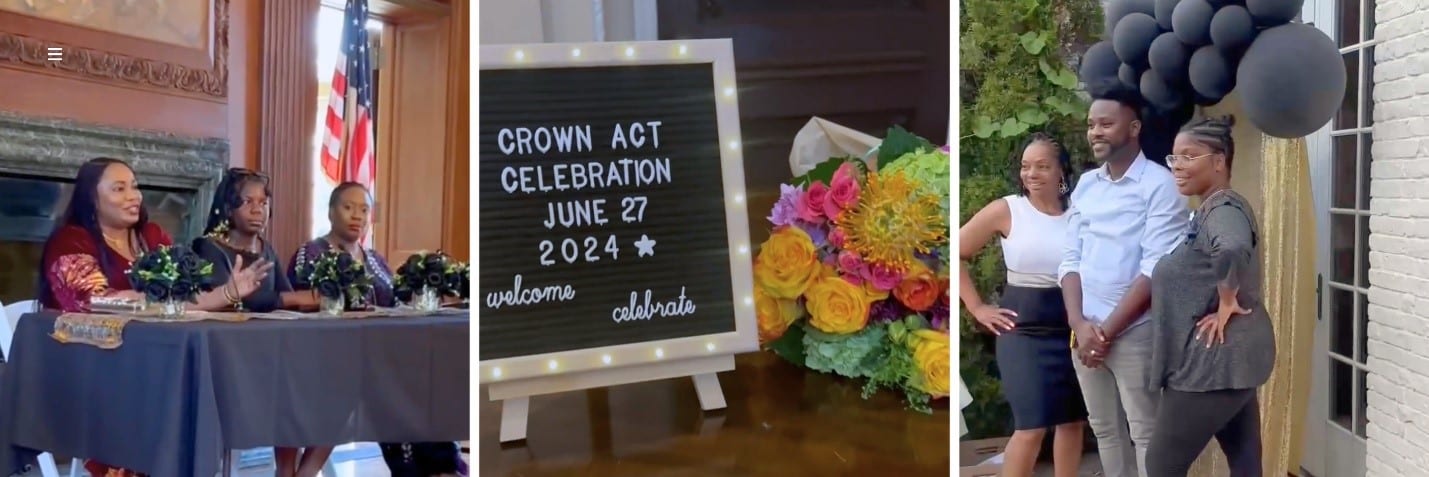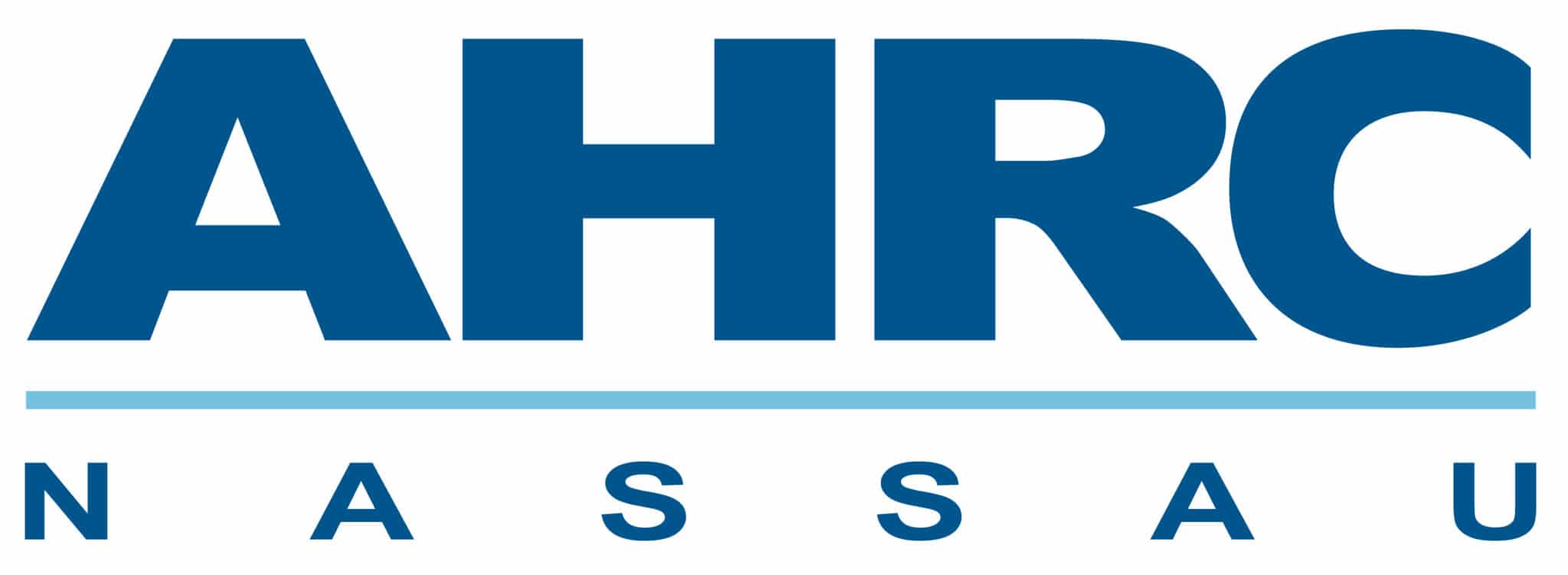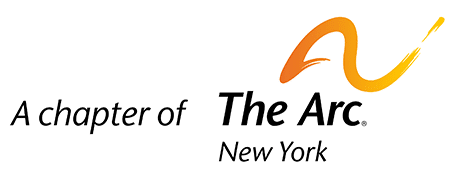On June 27, the agency’s DEI office raised awareness about hair discrimination largely impacting women of color, empowered people to share their stories, and advocate for change and acceptance during a CROWN Act event.
The CROWN Act, signed by Governor Andrew Cuomo in July of 2019, prohibits employers and schools from enforcing policies that target natural hair styles typically worn by people of color. CROWN is an acronym for “Creating a Respectful and Open World for Natural Hair.”
The first-of-its-kind event took place in the Brookville mansion and welcomed agency employees and people supported by the agency.
After an introduction and acknowledgment by CEO Stanfort Perry, guests were invited to view a segment of PBS’s Mutually Inclusive program titled “Black Hair & The CROWN Act”, highlighting the struggles impacting people of color in the workplace and the question of whether their hair will be deemed professional.
After the video presentation, the audience participated in an interactive panel featuring Mobosinuola Asanpaola Randle, Life Coach and CEO of Touch of Queen, Tolulope Elizabeth Adenekan, Workforce Equity & DEI Specialist, and Brittney Robertson, Human Resources Compliance Assistant, who shared their lifelong experience with hair discrimination, self-doubt and their path to self-acceptance.
Hair discrimination impacts everyone. To this day, people continue to doubt their appearance and question whether their hairstyles will be seen as professional enough for the workplace. New York State is one of barely a handful of states that passed the CROWN Act banning hair discrimination along with legislation requiring grooming professionals to attain experience styling natural and textured hair to attain their cosmetology license.
The CROWN Act not only allowed members of the natural/textured hair community to feel seen, but also encouraged them to sign a petition to pass the CROWN Act on a federal level. There is value in fostering inclusive spaces so that people from all walks of life know that they matter and make positive contributions to society.
With awareness and advocacy, we can bring about an inclusive and equitable world where everyone feels seen and appreciated.

